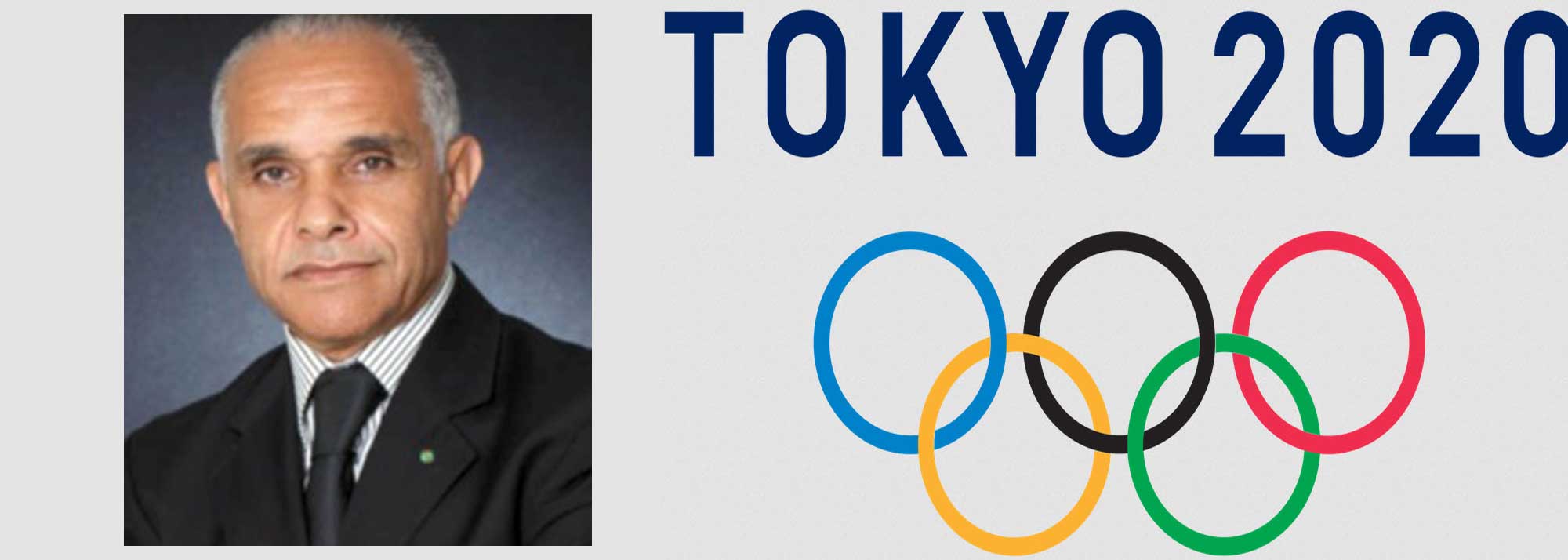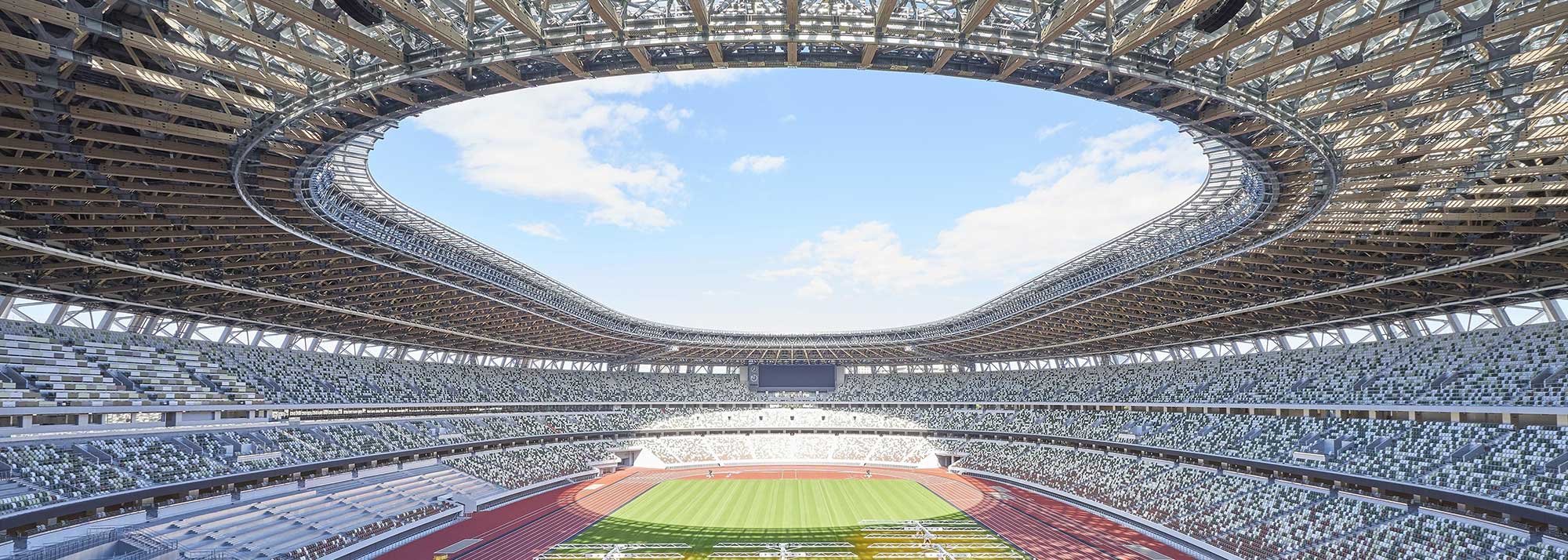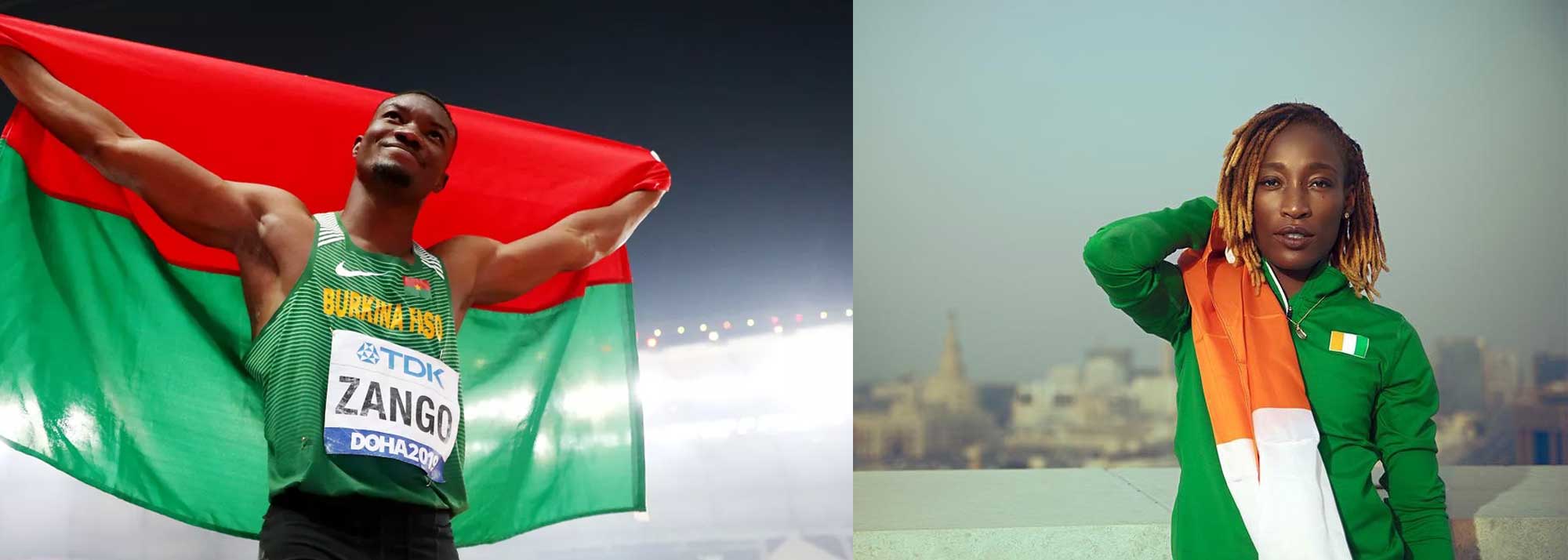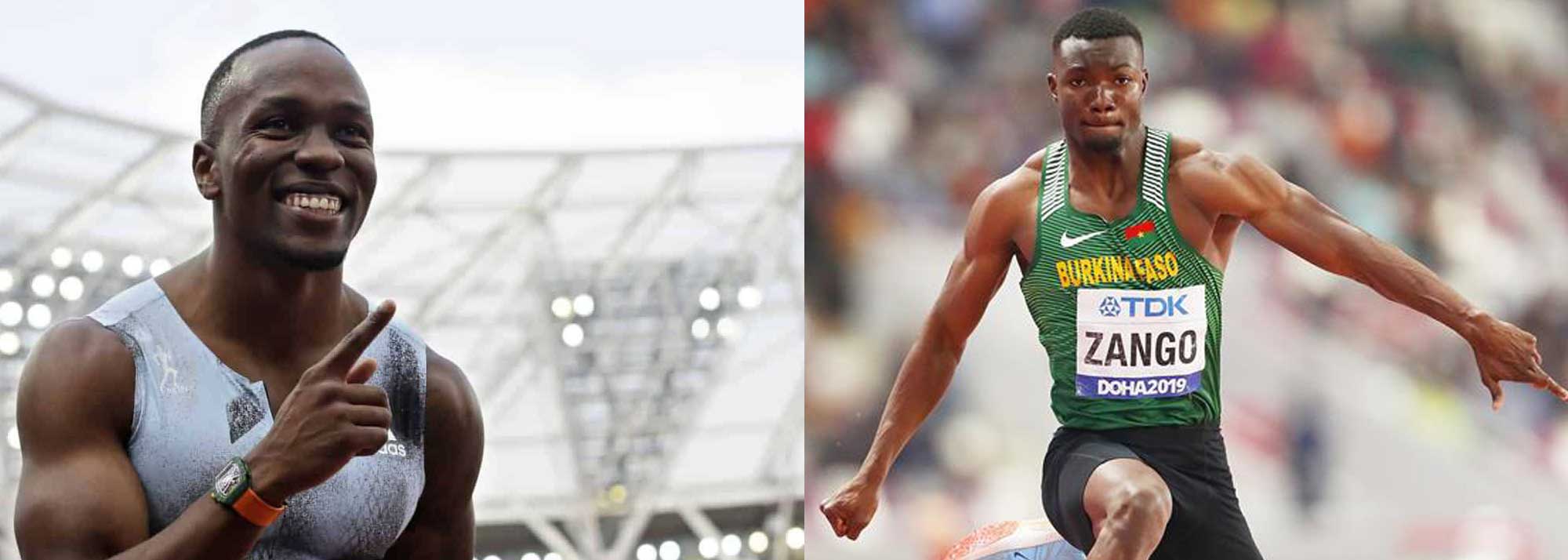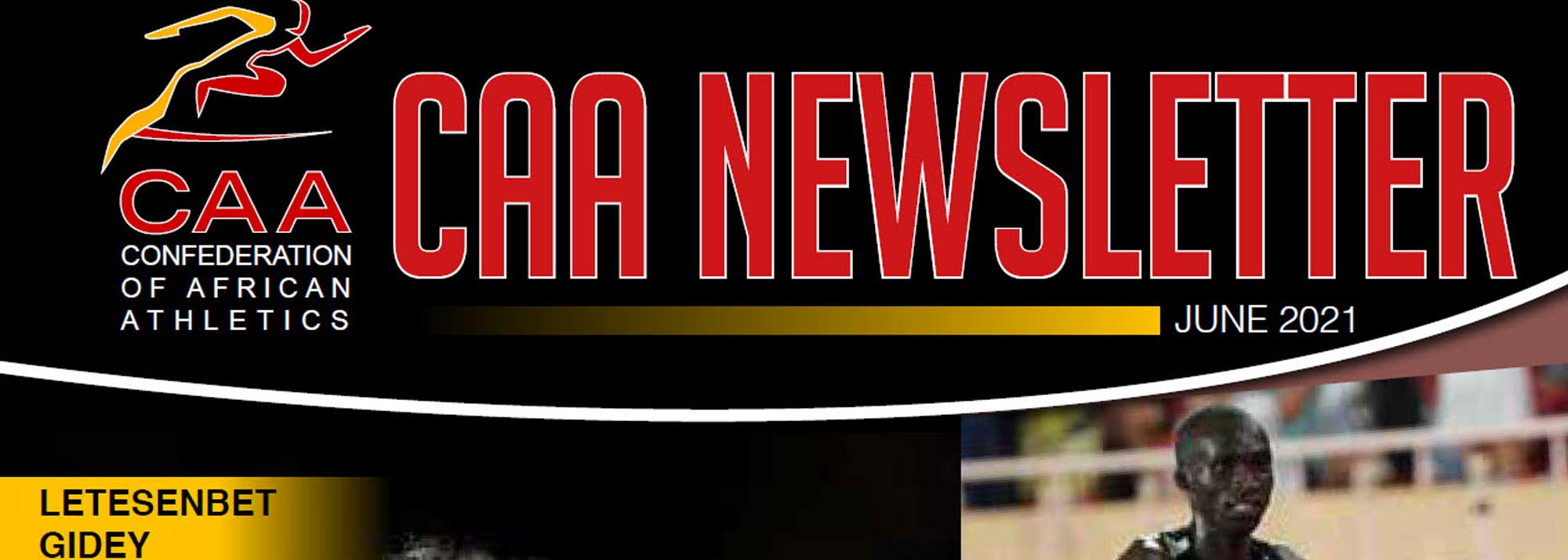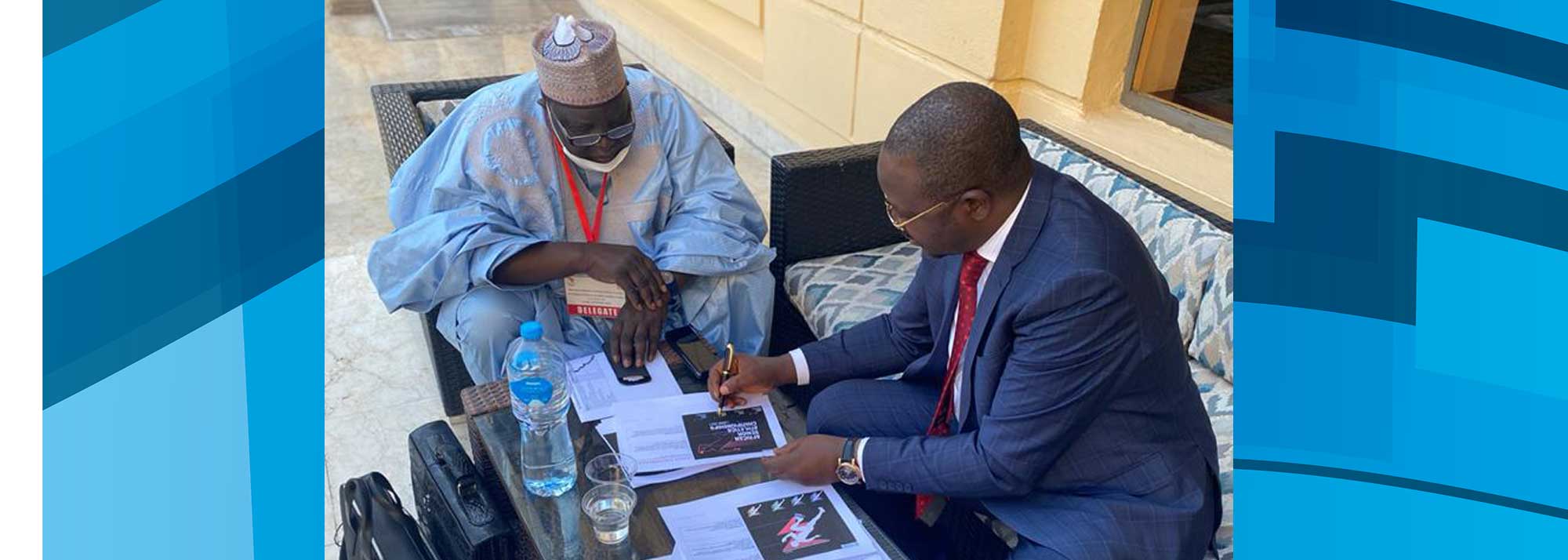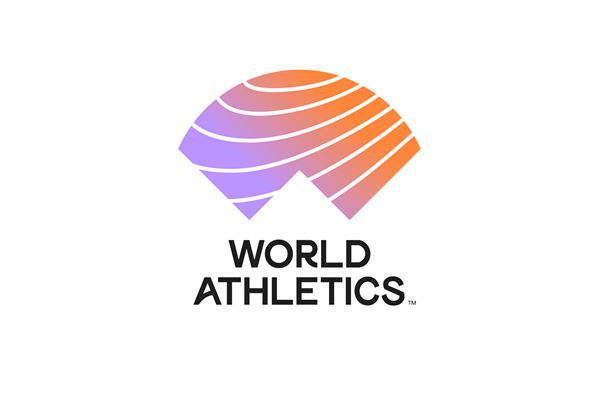The Moroccan athlete Soufiane El Bakkali was crowned Olympic champion in the 3000m steeplechase on Monday in Tokyo, thereby gifting Morocco its 7th Olympic gold medal, all of which have been won on the track.
After the gold medals taken home by Nawal El Moutawakel (400m hurdles in Los Angeles), Saïd Aouïta (5000m in Los Angeles), Brahim Boutayeb (10,000m in Seoul), Khalid Skah (10,000m in Barcelona) and the historic double of Hicham El Guerrouj (1500m and 5000m in Athens), Soufiane El Bakkali will return bearing precious metal, becoming the first Moroccan Olympic champion in the 3000m steeplechase.







